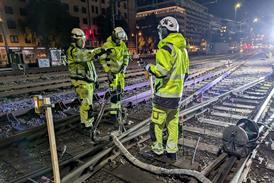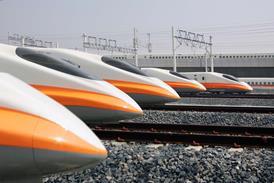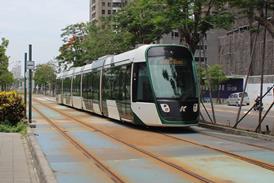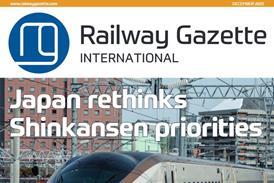Wuppertal Schwebebahn services suspended amid tyre trouble
By Metro Report International2020-07-07T13:45:00

GERMANY: Weekday services on the Wuppertal Schwebebahn suspended monorail are to be withdrawn for up to a year to enable urgent guideway repairs, the operator has confirmed.
Already have an account? LOG IN
To continue…
You’ve reached your limit of content for the month
Get enhanced access to Railway Gazette news and weekly newsletters.

For almost 200 years, the Railway Gazette Group has been the leading provider of news, analysis and intelligence for the international railway industry. Our independent and authoritative content is read by operators, regulators and the supply industry in over 140 countries using a variety of tailored subscription packages.
Site powered by Webvision Cloud



